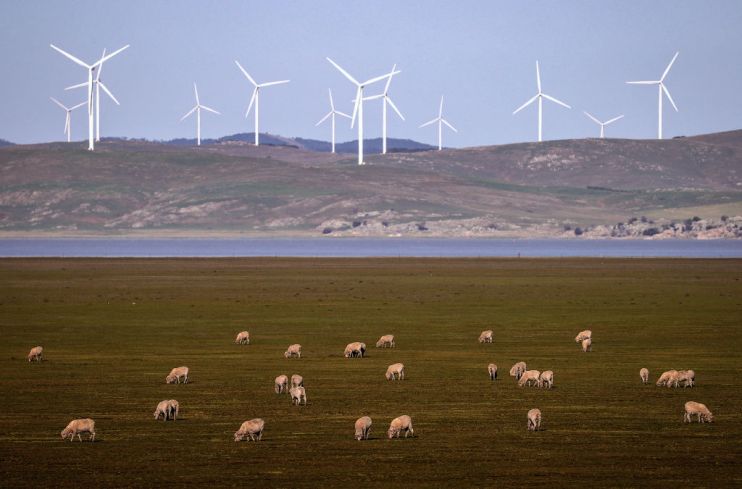Renewable revenue cap risks supply security and higher energy bills

The Government’s proposal to cap revenues on low carbon generators jeopardises supply security and condemns customers to high energy bills, warned one of the UK’s leading trade associations.
Energy UK argued that the recently unveiled Cost-Plus Revenue Limit threatened to cut the investment needed to safeguard the country’s energy security, cut customer bills and reduce its dependence on expensive gas.
This comes with households facing record energy bills this winter, despite Government interventions, and concerns over blackouts and supply shortages following Russia’s invasion of Ukraine.
It has slammed the proposal as a “de facto windfall tax” which has the potential to be more damaging and punitive than the Energy Profits Levy imposed on oil and gas producers.
The group contrasted the revenue cap with the windfall tax for oil and gas producers which contains investment relief of up to 91 per cent, as no such provision exists with the revenue cap.
Energy UK calculates that the oil and gas investment allowance will divert up to £25bn away from tax and into new UK fossil fuel extraction annually.
If the same investment allowance offered to oil and gas companies were given to low carbon generators, this could fund an extra 9GW of offshore wind on a yearly basis.
This would produce enough electricity to power seven million homes and deliver annual savings of £7bn to customers.
Energy UK has also called for the revenue cap – if it is brought in – to be equivalent to any European Union mechanism.
Otherwise, it fears investors could shun the UK.
Energy UK urge Government to think again
The revenue cap has been included in the Energy Prices Bill alongside support packages for businesses and households and open ended ministerial powers over the industry.
Energy UK’s Deputy Director, Adam Berman argued the industry supports whatever help is needed to ease energy bills this winter, but feared the cap could “have catastrophic consequences” for the investment needed to reach climate and energy security targets.
He said: ““It’s astonishing that the Government has proposed a scheme that would penalise investment in clean, cheap, low carbon generation in favour of polluting oil and gas extraction.
“Cementing a tax regime that gives preferential treatment to oil and gas would send a disastrous message about the UK’s commitment to the low carbon solutions that offer the quickest way out of the energy crisis, cost of living crisis, and climate crisis.”
He urged the Government to reconsider the design of the scheme and consult with green energy producers over its potential impact.
Energy UK wants the Government to reach voluntary deals with the sector to bring in Contracts for Difference (CfDs) as a medium-term mechanism that could bring down bills and maintain investor confidence at a time of market disruption.
CfDs have propped up the renewable sector for many years, however as much as 40 per cent of the industry remain on lucrative legacy contracts linked to gas prices.
The proposals are currently going through Parliament and will be further debated in the House of Lords today.
Earlier this week, leading energy companies wrote to the Government calling for the Bill to be amended so that it focuses on the measures that are needed urgently, while leaving time for other proposals to be scrutinised properly.
Scottish Power and SSE have both told City A.M. that they have concerns with the revenue cap – especially over whether it would destabilise the current investment climate.